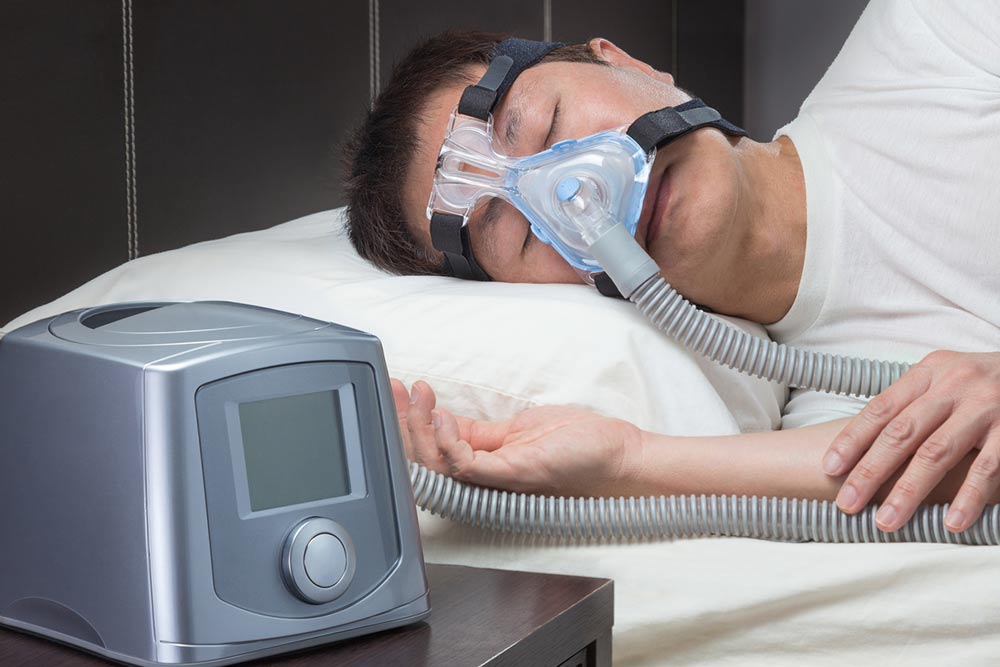
7 Natural Ways to Manage Sleep Apnea
Sleep apnea is a condition where people find it difficult to breathe properly while sleeping. The ailment causes the breathing to pause, leading to insufficient oxygen intake. This also wakes the patient up and makes them gasp for air. Sometimes, people do not realize that their breathing has stopped mid-sleep, as sleep apnea can also sound like snoring. Fortunately, there are a number of ways to help deal with the condition in the long run:
Exercise regularly
Exercise strengthens one’s heart, increases energy, and helps with sleep apnea. Studies show that regular exercise helps reduce breathing difficulties during sleep. It is generally noticed that exercises like walking, swimming, or any high-intensity exercise reduce the risk of sleep apnea. Moreover, yoga, in particular, encourages oxygen flow and improves respiratory strength. This is especially effective for sleep apnea patients as the condition is linked to low oxygen saturation in the patient’s blood.
Change sleeping position
A study showed that most cases of obstructive sleep apnea are due to the patient’s sleeping position. Other studies have also shown that a supine position, that is, sleeping on the back, can worsen the symptoms of this condition. However, another study showed that this sleeping position helps children with sleep apnea. In some adults, sleeping on the side works better. However, if one finds sleeping on the side uncomfortable, they can try elevating the head of the bed to keep their head elevated. This can also help with sleep apnea. One can also use pillows for their head and torso to keep the head elevated. However, one must consult a doctor to determine the best-suited position for them.
Use a humidifier
Humidifiers add moisture to the air, helping get rid of dry air that can potentially irritate the respiratory system and the body. They can also help with congestion, the opening of airways, and clearer breathing. Further, it has been advised to use essential oils in humidifiers for their soothing and anti-inflammatory benefits. In particular, peppermint, lavender, and eucalyptus oils are recommended.
Quit smoking
Smoking is considered one of the major factors exposing people to sleep apnea. This is because it causes inflammation and swelling of the airways, which can worsen snoring and sleep apnea. While quitting smoking may not cure the condition, it will help alleviate some symptoms of the condition.
Wear dental or oral appliances
There are appliances that help sleep apnea patients by modifying the tongue and jaw positions to keep airways open while sleeping. There are two major categories: tongue stabilizing devices that move the tongue forward and mandibular advancement devices that move the jaw lower.
Try mouth exercises
Mouth exercises help decrease snoring and improve the airway muscles. Regular muscle training uses the facial muscles, airway muscles, lips, and tongue. Certain exercises can also focus on nose breathing compared to mouth breathing to further decrease breathing issues.
Try singing or playing wind instruments
While it seems unusual, singing or playing wind instruments can positively impact sleep apnea patients. A study found that playing didgeridoo, that is, an Australian wooden wind instrument, can help strengthen upper airway muscles and reduce sleep apnea episodes.


